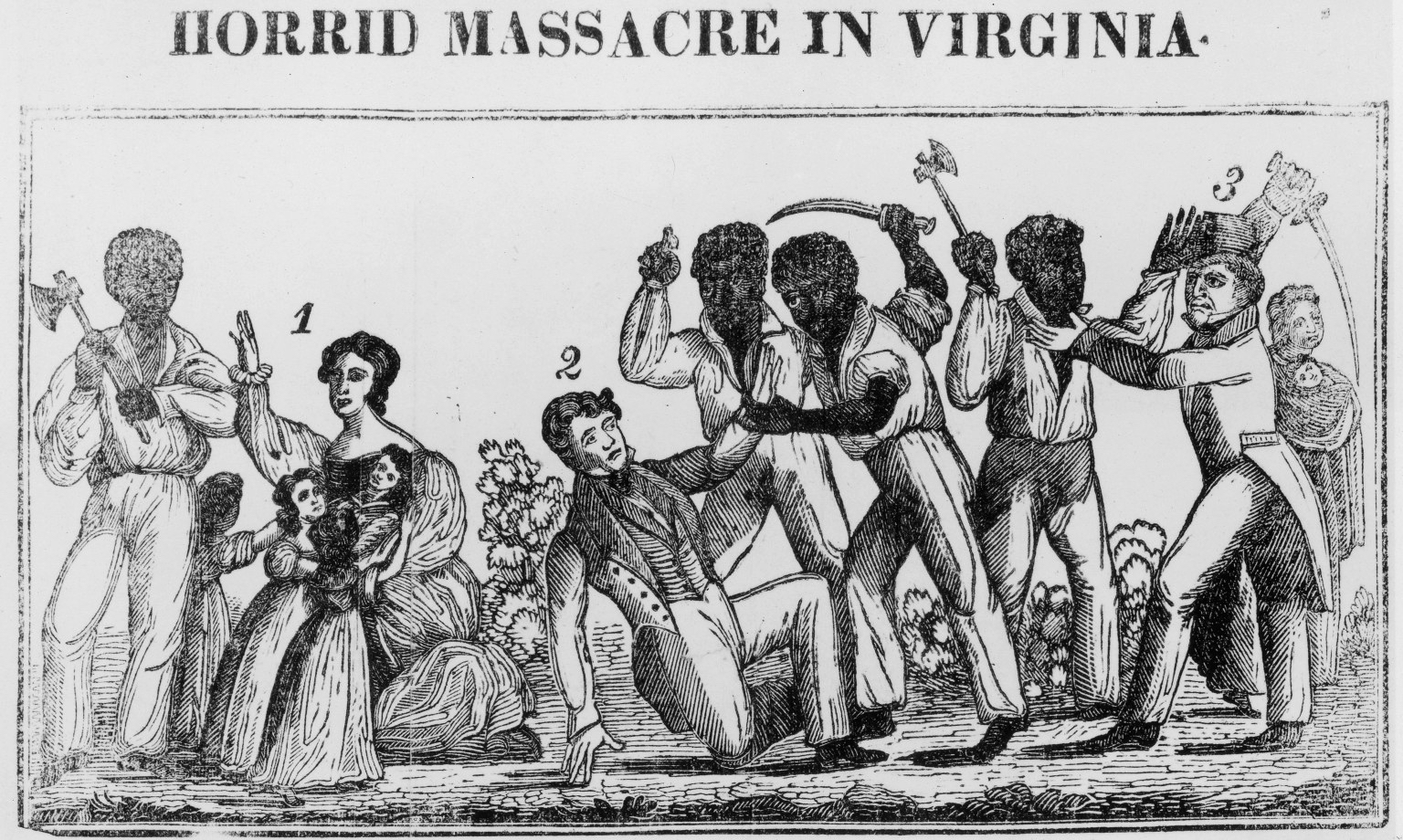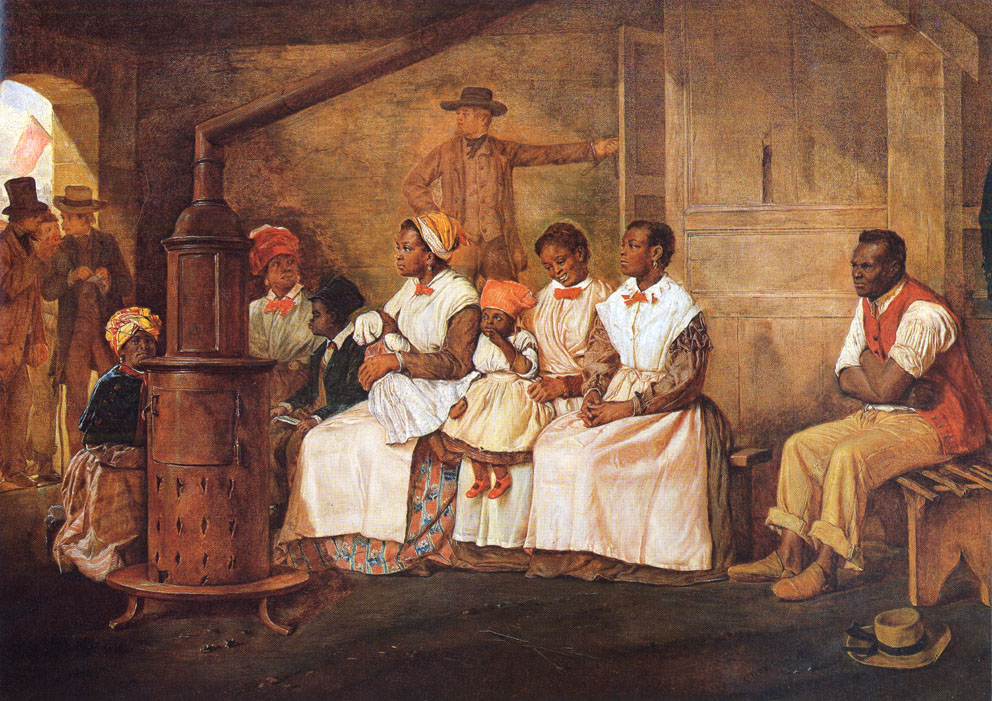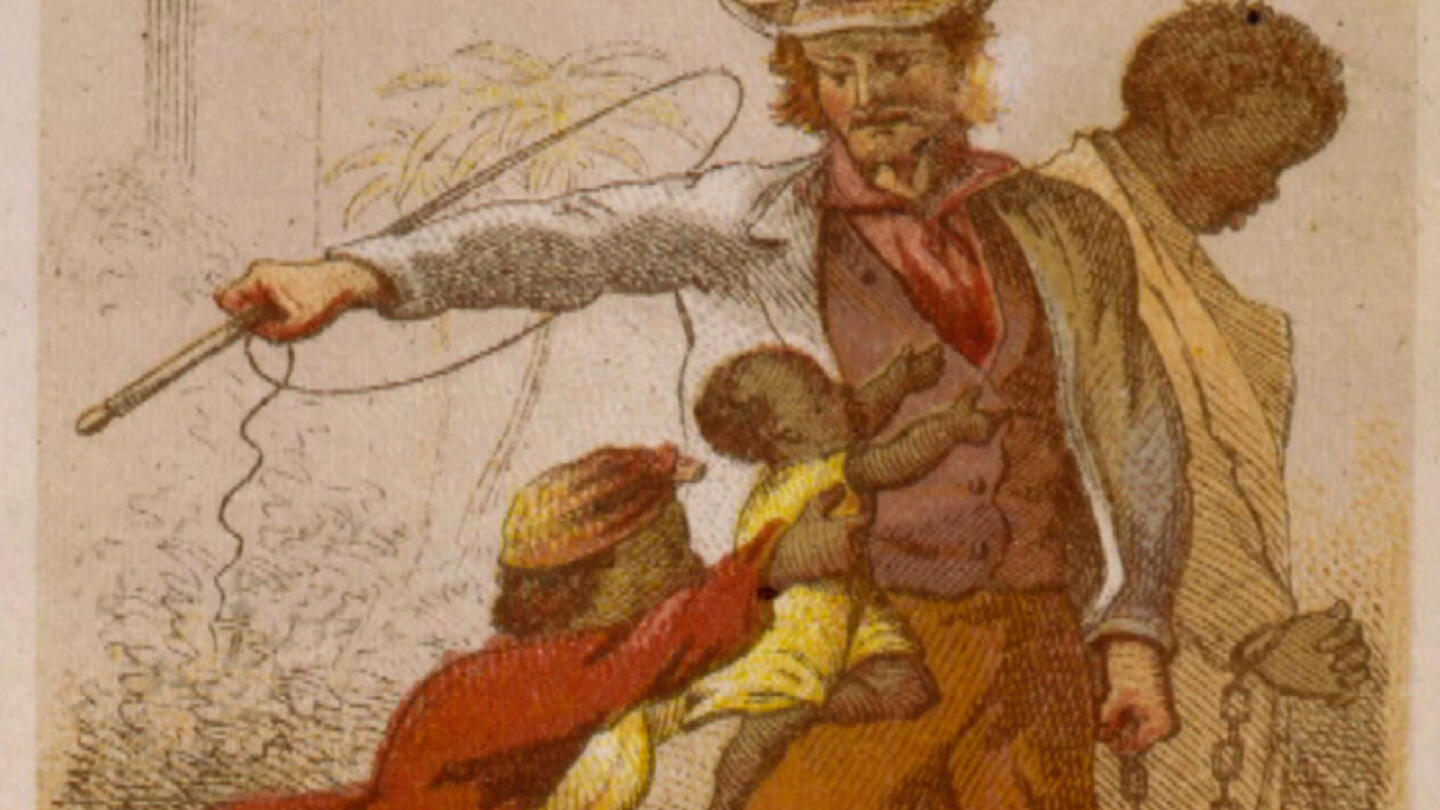What Euphemism Was Used to Describe Slavery in the South
The idea of paternalism throughout the South was adopted in which. No States Rights was a cover for justifying leaving the union in order to preserve slavery and the southern plantation culture.

11 The Cotton Revolution The American Yawp
Slavery Sectionalism SecessionStates Rights Slavery favoring one region over the whole country 100 Terms Bryan_Willard3 The American Civil War Final Exam Peculiar Institution Compromise of 1850 Missouri Compromise A euphemism used primarily in the South to describe slavery.

. Click to see full answer. The Peculiar Institution was and remains a common euphemism for slavery in the US. States Rights is not a substitute term or concept of.
And they still have a long way to go. This was done by identifying people by numbers in place of their names or as animals like pigs or insects like cockroaches Deportation - The act of being forced to leave where one is living. Textbooks have been slow to incorporate black humanity in their slavery narratives.
Tokyo contends that the matter was settled in a 1965 treaty that normalized relations between the two countries and a 2015 deal that included an 8 million fund to support victims. The Nazis coerced tricked and forced prisoners to leave their homes or ghettos and board cattle cars destined for concentration camps. The Peculiar Institution was and remains a common euphemism for slavery in the US.
Admitted California as a free state in exchange for a strength. From What in the Sam Hill to Heavens to Betsy you probably wont hear these 25 words and expressions anywhere but the South. By the start of the 19th century slavery and cotton had become essential to the continued growth of Americas economy.
Tokyo contends that all wartime reparations claims were settled by a 1965 bilateral treaty that normalized relations between the two countries. Used by John Calhoun and other supporters of slavery to make it sound more palatable. Early in the 19th century Northern.
The following arguments were put forth in Southern books pamphlets and newspapers to defend the institution of slavery. It is hardly a euphemism in the current context though it was no doubt a euphemism by the Japanese at the time. Many of these slaves lived in extreme poverty in small houses with no heat or furniture.
Slavery has been a part of American history from the beginning and was legal in all thirteen colonies and states until the 19th century. The issue of comfort women -- the euphemism used to describe the sex slaves -- has long been a contentious issue in the relationship between South Korea. Four hundred years ago a group of.
Use of the term is akin to talking about Arbeit macht frei. A euphemism used to describe women and girls who were forced to work in Japanese Army-run brothels during WWII when the whole of the Korean Peninsula was Japan. Jan 5 2016 at 2156.
A euphemism is a substitute for another usually offensive wordconcept. Slavery was good for the slaves. The term aimed to explain away the seeming contradiction of legalized slavery in a country whose declaration of independence states that was founded on the principle that all men were created equally.
The Peculiar Institution euphemism for slavery and the economic ramifications of it in the american south. Acknowledged and apologised for the first time for Japans use of sex slaves. The issue of comfort women the euphemism used to describe the sex slaves has long been a deeply contentious issue in the relationship between South Korea and Japan.
The phrase Uniqlo comfort women in reference to the euphemism commonly used to describe the victims of sexual slavery was among the most-searched terms on Naver South Koreas largest online. In 2015 Japan and South Korea agreed to finally and. It was a euphemism but it no longer is IMO.
Peculiar institution was a euphemism for slavery and the economic ramifications of it in the American South. One is about to do something or it is in the process of being done. March 15 2021 154 PM In December 2020 the Harvard Law School professor J.
The term was a euphemism used to describe tens of. The South is well-known for having a way with words. The slaveowners took on the burden of caring for the interests of inferior beings seeing that they would be fed clothed and given religious instruction.
Compared to cooking molasses in a slow cooker. The issue of comfort women the euphemism used to describe the sex slaves has long been a contentious issue in the relationship between South Korea and Japan. Visit Insiders homepage for more stories.
Used by self-conscious slave-holders to avoid using the term. Used to describe importance of the cotton industry in the American South in the early-mid 19th C. 2 rights or dignity.
Bless your heart and Take your sweet time might seem like sympathetic phrases but theyre not always. Southern Justification of Slavery. Comfort women was the term used and it is still the term used.
A South Korean court ruled that Japan cannot be legally forced to compensate Korean comfort women who were rounded up to work in Japanese military-run brothels during WWII. Mark Ramseyer published a paper titled Contracting for Sex in the Pacific. They worked each day from the time the sun rose until it set.
To move or function in a slow sloth like way esp. However by 1820 political. People to this day will speak of the Souths Peculiar Institution as a way of.
A euphemism for the American model of slavery. The meaning of peculiar in this expression is ones own that is referring to something distinctive to or characteristic of a particular place or people. The issue of comfort women -- the euphemism used to describe the sex slaves -- has long been a deeply contentious issue in the relationship between South Korea and Japan.

11 The Cotton Revolution The American Yawp



Comments
Post a Comment